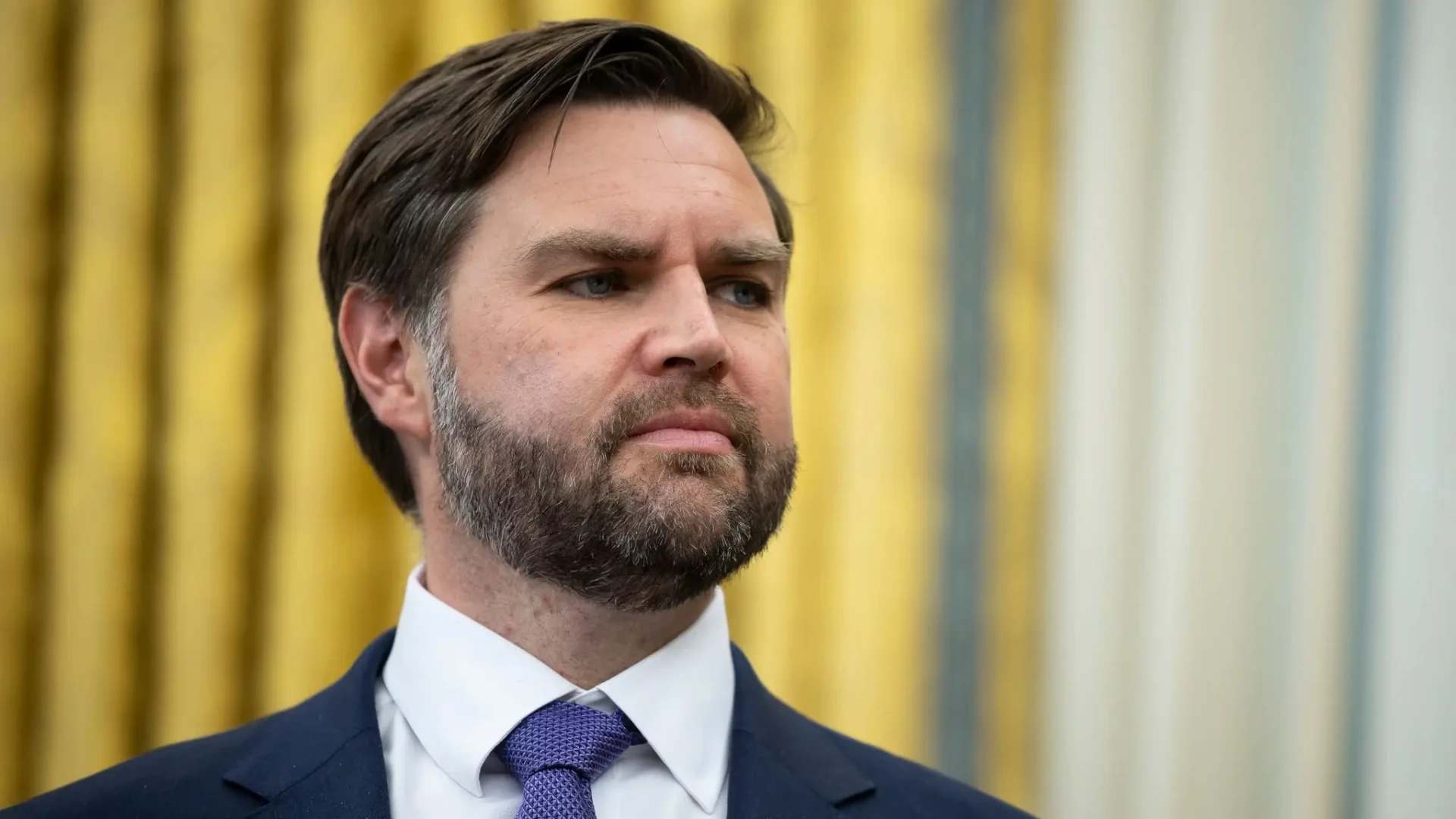“Vassal of the United States”: J.D. Vance takes another swipe at Europe

U.S. Vice President J.D. Vance recently gave an interview to a British media outlet in which he questioned the security relationship between the United States and Europe. According to him, it is unhealthy for Europeans to remain dependent on Washington for their defense. This stance, unusual for a high-ranking American official, marks a significant shift in tone that has not gone unnoticed.
In his remarks, Vance argued that most European countries currently lack armed forces capable of reasonably defending their own territory. He accused their governments of underinvesting in defense, taking advantage of the American military presence since World War II. However, he exempted France and the United Kingdom from this criticism.
Such comments are not new in diplomatic circles: several figures, including former French foreign minister Hubert Védrine, have long emphasized that the transatlantic relationship is not one of strategic equality. The United States acts as a protective power, and European countries have often chosen this dependency, particularly in the context of the Cold War.
These statements are resonating especially in Eastern European countries, which have traditionally valued American security guarantees. In Poland and the Baltic states, there is a noticeable shift in political discourse. The idea of greater strategic autonomy—long seen as a uniquely French perspective—is beginning to be taken more seriously.
This evolving mindset does not imply a rupture in commercial and military ties with the United States, but rather reflects a growing awareness of the possibility of an American pullback.
An unexpected reference to Charles de Gaulle
In the same interview, Vance made a surprising and respectful reference to Charles de Gaulle. He highlighted the French general’s ability to maintain strategic independence while preserving a relationship with the United States. This is a noteworthy position, given how de Gaulle’s partial withdrawal from NATO was harshly criticized by Washington at the time.
This historical reference allows Vance to argue that a more autonomous Europe is not at odds with American interests. He stressed that the current dependency serves neither Europe nor the United States.
Beyond the European issue, some figures close to Donald Trump have floated the idea of a strategic rapprochement between the United States and Russia. The goal would be to weaken the Moscow-Beijing axis, in a move reminiscent of Henry Kissinger’s 1970s policy shift toward China.
Economic considerations also play a role: some American officials are already discussing potential business opportunities in Russia, particularly in the raw materials sector. This discourse echoes other moments in U.S. history when geopolitical and commercial interests outweighed democratic principles in shaping foreign policy.

